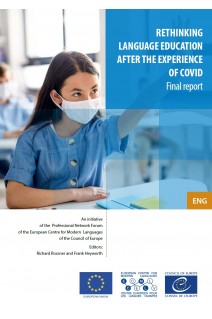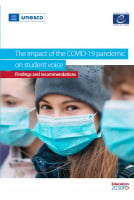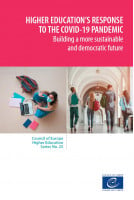This new publication offers both a timely reflection on the challenges faced and the approaches developed over the course of the pandemic and a look into the future at ways in which the skills and insights gained may bring about beneficial lasting changes in the teaching and learning of languages.
Foreword
Introduction and executive summary – Frank Heyworth
Background
The activities and achievements of the initiative: 2021
The activities and achievements of the initiative: 2022
Other studies
Part 1 – A report on the 2021 and 2022 surveys – Peter Brown
Introduction and scope of the research
The surveys
Survey findings
Discussion
Conclusion
Part 2 – The case studies – examples of innovation and creativity – Richard Rossner
Part 3 – Leaflet and discussion papers
Lessons to be learned from the pandemic
The discussion papers
The impact of the Covid pandemic on the future of digitally enhanced language education – Bernd Rüschoff
The challenges of assessing language learning – José Noijons
Learner wellbeing and learner autonomy – Richard Rossner with Frank Heyworth
Language teacher support and professional learning: the role of networks and action research – Christine Lechner
Part 4 – From crisis to sustainability: Policy Guidelines on supporting the development of language education
Policy Guidelines
- for teaching and learning: language education, a special case?
- for evaluation and assessment of language learning: adapting to different circumstances
- on supporting language learners
- on supporting language teachers
- on developing educational adaptability, flexibility and versatility
Conclusion – Frank Heyworth
Acknowledgements






